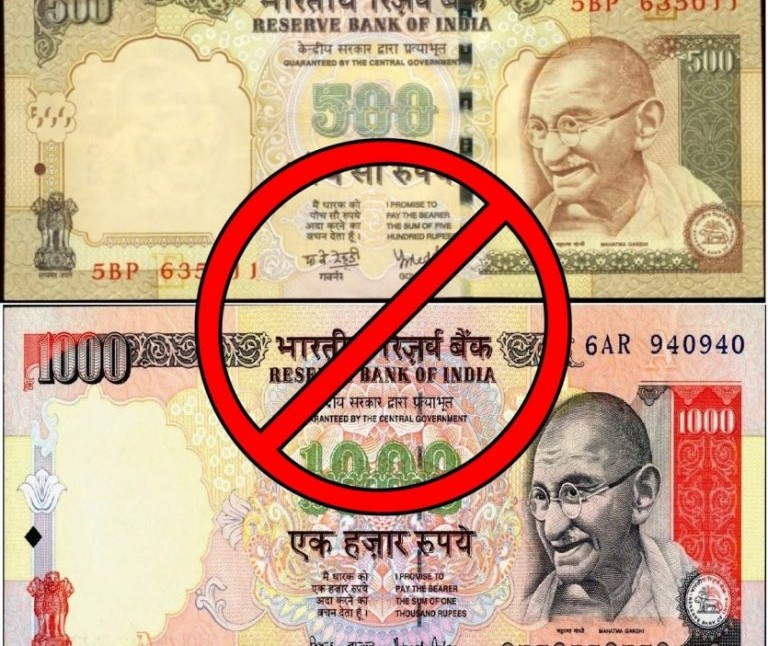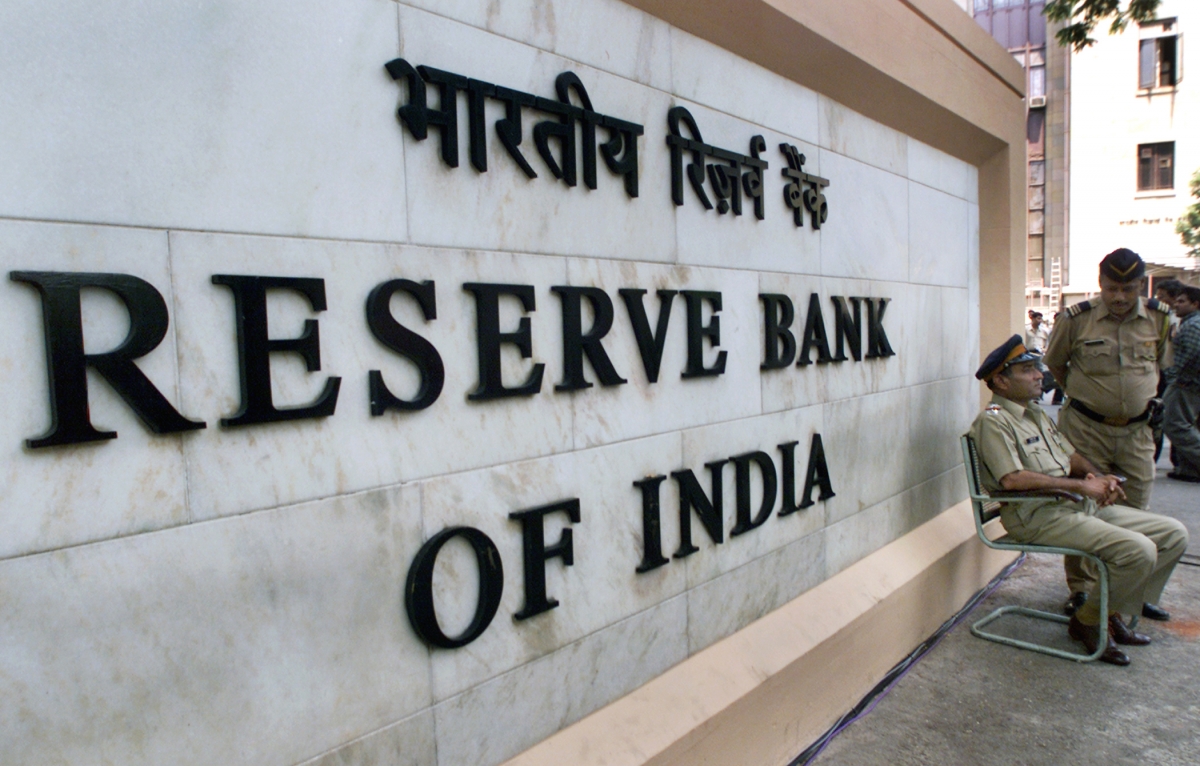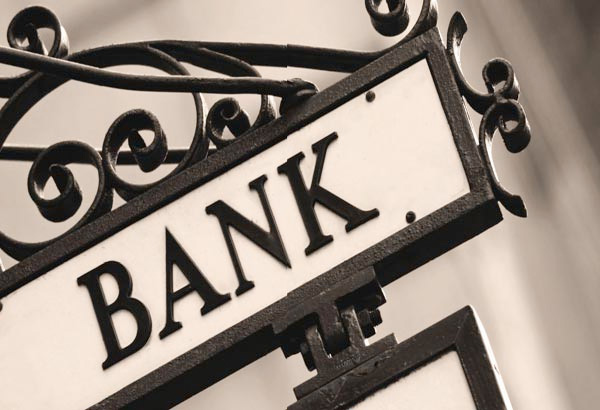With the government’s demonetization move affecting the availability of cash and also impacting banking transactions, the RBI has provided an additional 60 days, for the repayment of loans that are due between November 1 and December 31, 2016.
In view of the cash crunch being faced by borrowers, the Reserve Bank of India (RBI), on November 21, 2016, provided an additional 60 days, for the repayment of housing, car, farm and other loans, worth up to Rs 1 crore.
This is applicable to loans payable between November 1, 2016 and December 31, 2016, the RBI said in a notification. “It has been decided to provide an additional 60 days, beyond what is applicable for the concerned regulated entity for recognition of a loan account as substandard,” it said.
The above relaxation is available to entities running working capital accounts with any bank, with the sanctioned limit of Rs 1 crore or less. Term loans, whether business or personal, secured or otherwise, the original sanctioned amount of Rs 1 crore or less, on the books of any bank or any NBFC, including NBFC (MFI) would also get the benefit of this relaxation. This will also include housing loans and agriculture loans, it said.
The apex bank further said that all regulated financial institutions, should note that this is a short-term deferment of classification as substandard due to delay in payment of dues, arising during the period specified above and does not result in restructuring of the loans. The demonetization of higher value currency notes has affected normal banking activities, including clearing of cheques. Besides, borrowers are unable to get payments from their creditors, due to various restrictions including cash withdrawal limit of Rs 24,000 per week, limiting their options to repay their dues.
It is a welcome move by the RBI, as many people are experiencing inability to repay dues in time, because of the ongoing demonetization drive. For many of them, EMIs are due in the first half of the month. So, the relaxation will help to keep their account standard, even when the payment is not received. Neither will the borrowers’ credit score be impacted negatively due to non-payment, nor will financial institutions have to make additional provisions for sub-standard accounts.




